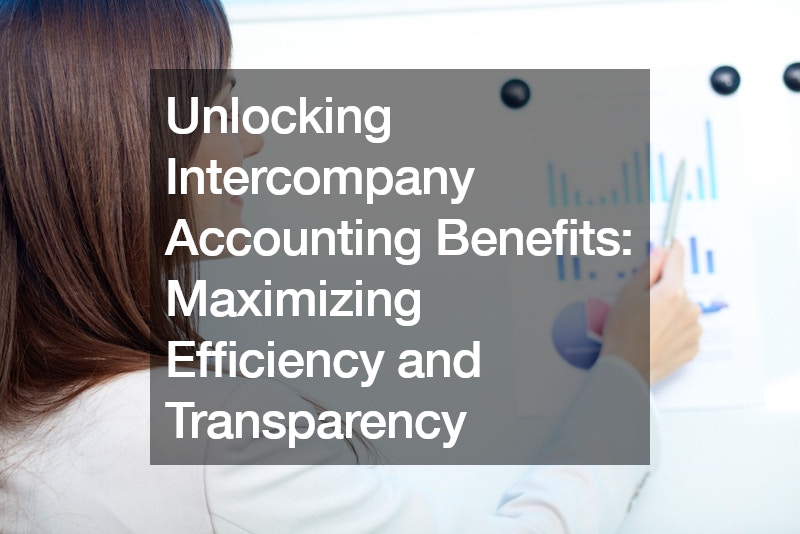
If you’re considering buying, selling, or valuing a home health agency, one of the most crucial questions is: How much is a home health agency worth? Determining the value of a home health agency involves understanding several factors, including financial performance, market conditions, regulatory issues, and growth potential. This guide will help you navigate the valuation process, breaking down the key components that contribute to the worth of a home health agency.
1. Revenue and Profitability
The primary factor in determining how much a home health agency is worth is its financial health. Buyers will closely examine the agency’s revenue streams, profitability, and operating margins.
Agencies with strong and consistent revenue growth are typically valued higher than those with flat or declining revenues.
Potential buyers look at key financial metrics like:
- Annual revenue: Consistent year-over-year revenue increases suggest a well-performing agency.
- Net profit margins: Higher margins indicate better efficiency in managing costs and providing services.
- Earnings before interest, taxes, depreciation, and amortization (EBITDA): This is a common metric used to measure the agency’s profitability and can give buyers a sense of its operational efficiency.
Generally, the EBITDA multiple for home health agencies ranges from 3 to 6 times. However, this can vary depending on market demand, the agency’s location, and other factors.
2. Patient Base and Payer Mix
The size and stability of the patient base play a significant role in determining how much a home health agency is worth. Agencies with a large, diverse, and stable patient base are more valuable because they are less reliant on a single payer or patient for income. Buyers will also evaluate the agency’s payer mix, which includes:
- Private pay: Services paid directly by the patient or their family.
- Medicare and Medicaid: Government-funded reimbursements are often a large portion of a home health agency’s revenue.
- Insurance reimbursement: Payments from private health insurance providers.
A diverse payer mix reduces the risk of revenue loss due to changes in reimbursement policies or the loss of contracts with specific insurance providers.
3. Licensing and Accreditation
The regulatory landscape plays a significant role in determining the value of a home health agency. Agencies that are fully licensed and accredited by organizations such as The Joint Commission or Community Health Accreditation Partner (CHAP) tend to command higher valuations. These accreditations signal to potential buyers that the agency meets high standards of care and is well-positioned to maintain or grow its patient base.
In addition, agencies with long-standing and clean records with Medicare and Medicaid will typically be valued higher, as buyers want to avoid agencies with potential regulatory risks or compliance issues.
When determining how much a home health agency is worth, various factors come into play, including financial performance, patient base, regulatory compliance, and growth potential. By carefully evaluating these components, both buyers and sellers can arrive at an accurate and fair valuation for the agency. Whether you’re preparing to sell or just assessing your agency’s current value, understanding these key elements will help you make informed decisions about the future of your home health business.
.




